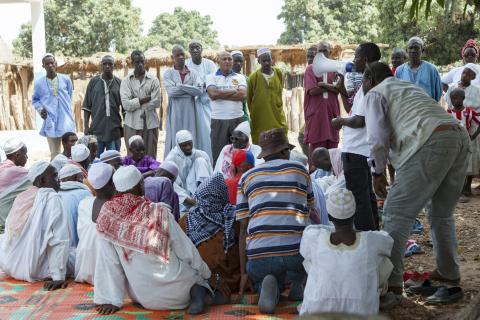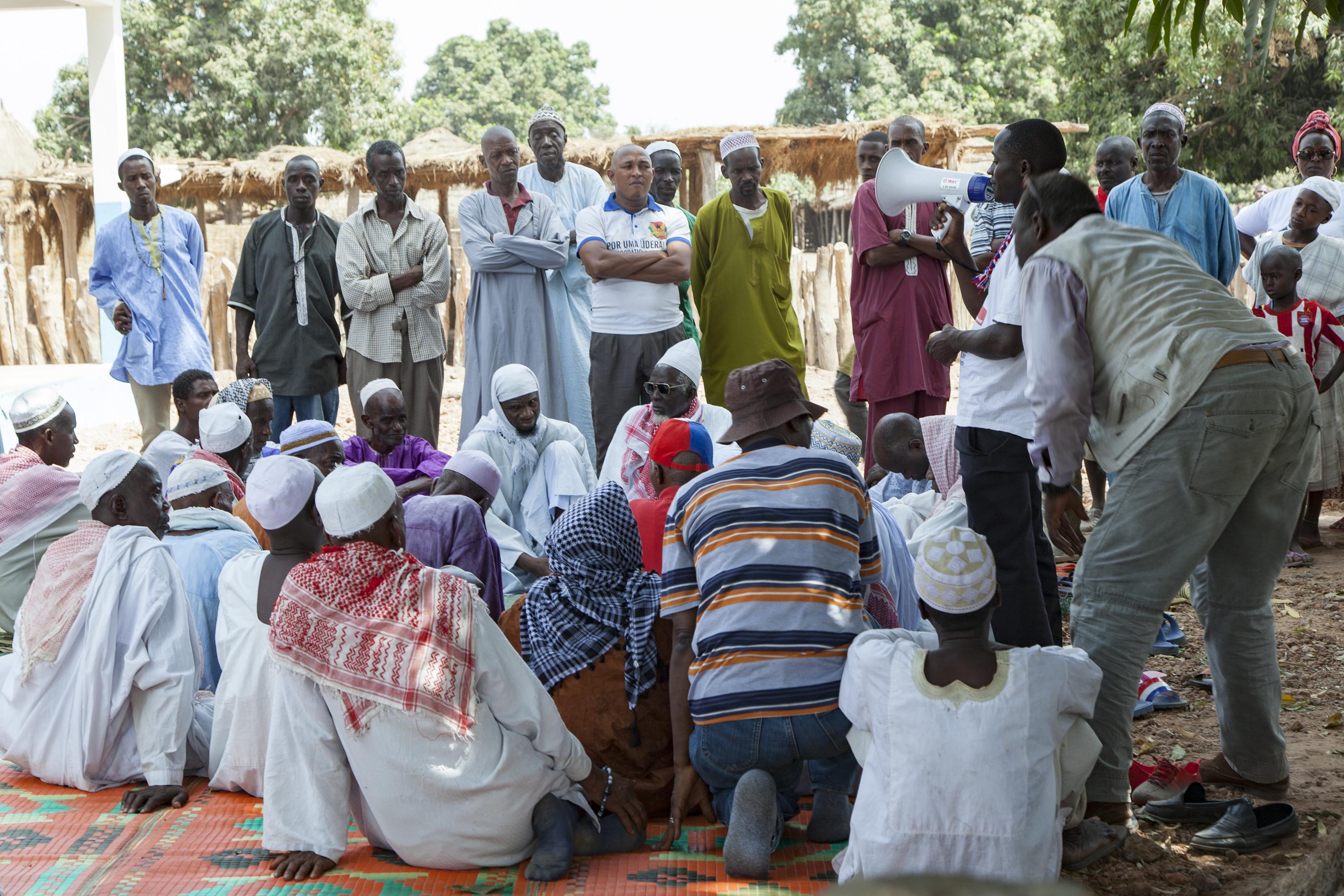
Is it still possible to innovate in a well-established and structured area such as political dialogue on health? The answer is affirmative: the EU-Luxembourg-WHO partnership on Universal Health Coverage (UHC) has just demonstrated this point, making it possible to institutionalize annual health reviews at the regional level in Senegal.
Annual health reviews at the national level have already been a well established practice in many African countries, but the innovative aspect of regional reviews in Senegal is the aim to further democratize this annual exercise by enabling “the enrichment and appropriation by the local actors of the review, which constitutes a high point of evaluation of the implementation of the policies and programs contained in the National Health Plan (PNDS)”, according to Amadou Djibril, Director of Planning, Research and Statistics within the Ministry of Health.
Any innovation requires a preliminary investment and an experienced engineer to get it started – this was precisely the role played by the UHC Partnership, which since its launch in Senegal in 2013 has not only provided the resources needed to finance its implementation, but has also facilitated the dialogue between local health governance stakeholders – in particular through the planning of capacity building sessions bringing together local elected representatives, representatives of civil society, health technicians and representatives of the territorial administration.
Thus far, Senegal has already been able to successfully conduct the first review at the level of all the regions upstream of the Annual Joint National Review. The process was not without its challenges and complexity: under the guidance of the Directorate for Planning and Monitoring & Evaluation, terms of references, a presentation format and a common list of performance indicators were proposed and validated jointly with regional actors.
Each region had to plan and hold its one-day review under the chairmanship of the Regional Governors and in the presence of local elected officials and health partners at the regional level (representatives of government ministries, CBOs, PTFs, NGOs, Civil Society, Health Committees etc.).
According to Director Amadou Djibril, “the first challenges were related to the organization, participation and ownership by the regional actors of the process. Fortunately, with close communication and follow-up between actors at the central and regional level, these obstacles have been lifted and a dynamic of institutionalization has been effective “.
The process has already been successful: each region was able to present its report to the Direction of Planning and their synthesis was presented and shared with all relevant health stakeholders during the National Joint Annual Review.
When asked about the impact and visible successes of the initiative, Dir. Djibril is clear: “Motivated regional players, asserted regional leadership, visualized regional performances, and increased awareness at the national level of the difficulties and constraints of the regions,” he said, adding that financing, bringing on stakeholders from diverse backgrounds, each with an impact or opinion on health at the regional level, developing a habit for these stakeholders to engage in a dialogue, and to develop synergies will certainly have been among the most important factors for this success.
As for the next steps to be taken by the UHC Partnership, it will be a matter of “maintaining the achievements”, according to Djibril, especially by strengthening the capacities of the relevant actors in the process, in the fields of health data management, planning, as well as monitoring and evaluation.
